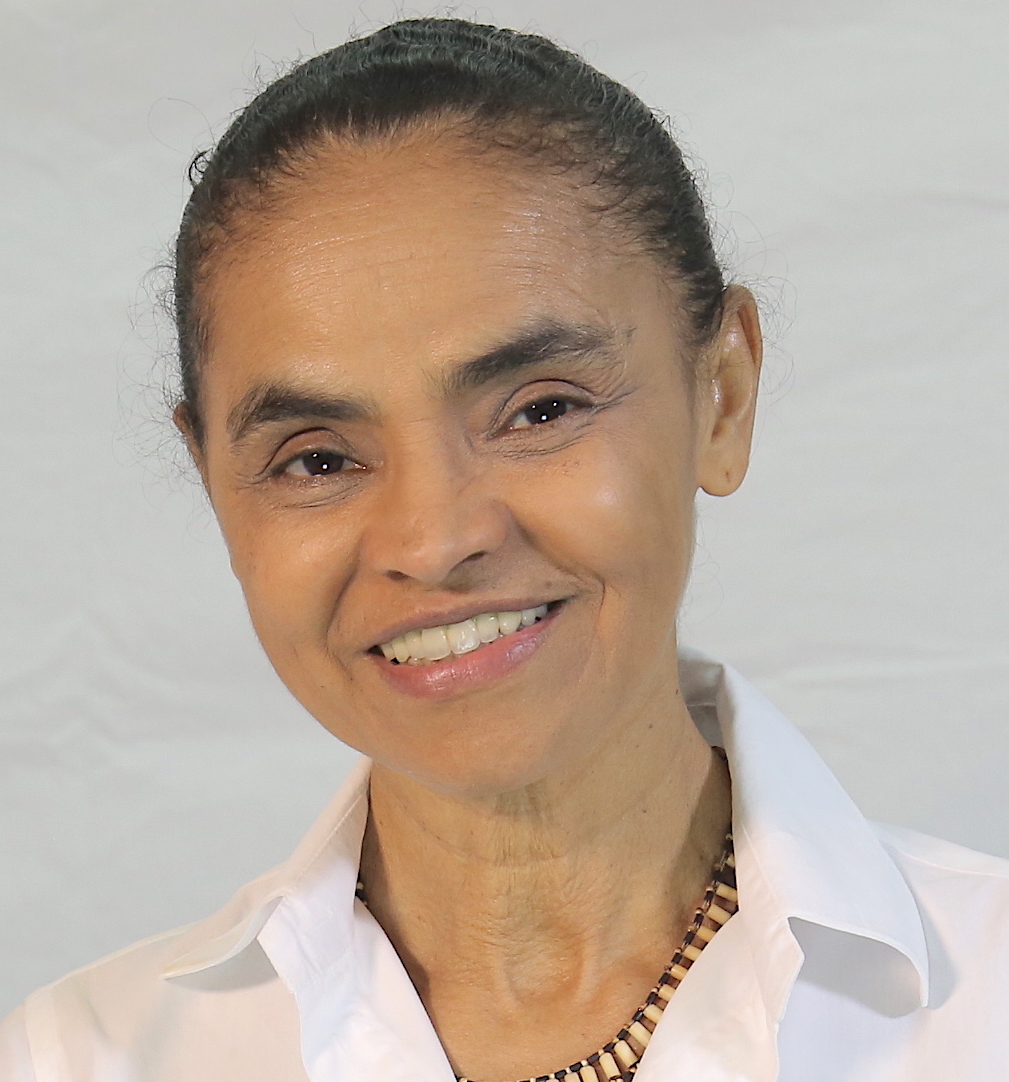|
Evangelical Caucus (Brazil)
The Evangelical Parliamentary Front or the Evangelical Caucus (known in Brazilian Portuguese, Portuguese as ''Frente Parlamentar Evangélica'' and ''Bancada Evangélica'' respectively) is a loosely organized group of Evangelicalism, Evangelical lawmakers in the Brazilian government and legislature. If considered a political party, the Evangelical Caucus would be the third largest in the Brazilian government, surpassed only by the Brazilian Democratic Movement and the Workers' Party (Brazil), Workers' Party. It is a proeminent feature of Conservatism in Brazil. History The Evangelical Parliamentary Front was founded in 2003 to bring together Evangelical parliamentarians, from all political parties, at the National Congress Palace in Brasilia, Brazil. The regularization of the FPE on the board of directors of the Chamber of Deputies only occurred on November 9, 2015, motivated by the exponential growth of the bench, a process that began with the significant election of 60 federa ... [...More Info...] [...Related Items...] OR: [Wikipedia] [Google] [Baidu] |
Brazilian Portuguese
Brazilian Portuguese (' ), also Portuguese of Brazil (', ) or South American Portuguese (') is the set of varieties of the Portuguese language native to Brazil and the most influential form of Portuguese worldwide. It is spoken by almost all of the 214 million inhabitants of Brazil and spoken widely across the Brazilian diaspora, today consisting of about two million Brazilians who have emigrated to other countries. With a population of over 214 million, Brazil is by far the world's largest Portuguese-speaking nation and the only one in the Americas. Brazilian Portuguese differs, particularly in phonology and prosody, from varieties spoken in Portugal and Portuguese-speaking African countries. In these latter countries, the language tends to have a closer connection to contemporary European Portuguese, partly because Portuguese colonial rule ended much more recently there than in Brazil, partly due to the heavy indigenous and African influence on Brazilian Portuguese. Despite t ... [...More Info...] [...Related Items...] OR: [Wikipedia] [Google] [Baidu] |
